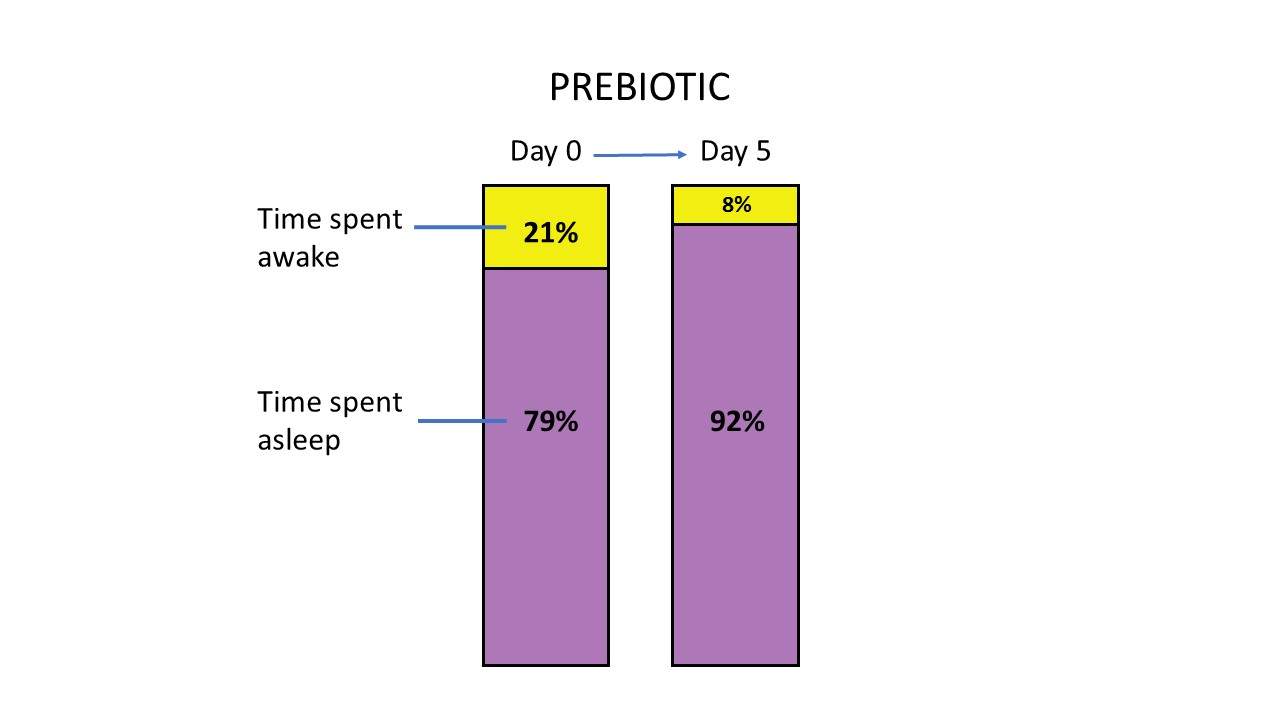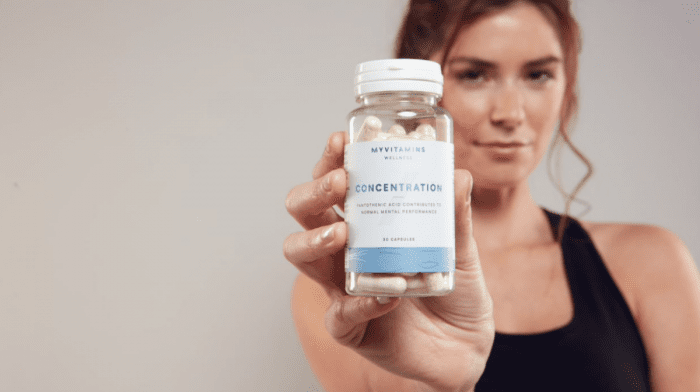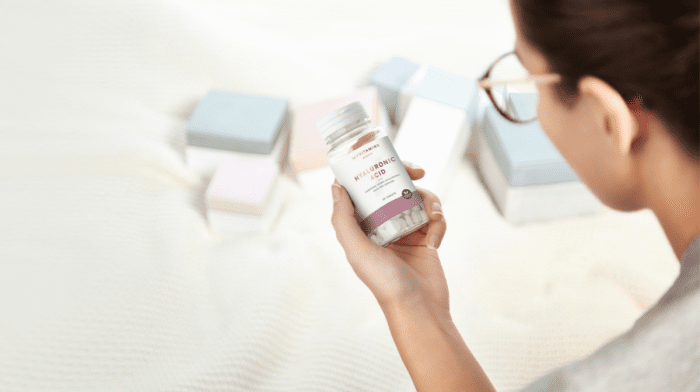Last Updated: 26/01/2024
The NHS reports that 1 in 3 of us suffers from poor sleep. (1) Stress and the inability to ‘turn off’ one’s mind after a busy day at work are now common experiences at night time. The resulting lack of sleep can have negative impacts on our daily lives, leaving us feeling lethargic, irritable and unfocused.
Fortunately, there are steps we can take to improve our sleep hygiene and give our bodies the rest they need.
What Happens When We Lack Good Sleep Hygiene?
In the short-term, poor sleep hygiene can lead to fatigue, a short temper, and a lack of focus. As the deprivation increases over days or weeks, symptoms such as brain fog, sadness, and your risk of accident or injury start to increase.
If sleep deprivation continues, however, the effects become much more serious. Therefore, having a regular sleep routine and good sleep hygiene is crucial for health and wellbeing.

Gut Health, Prebiotics & Probiotics
If insomnia or stress are preventing you from getting a good night’s sleep, the answer may lie in your gut. The gut, sometimes referred to as the ‘second brain’, has strong associations with mood, brain function, and physical health.
Boosting the health of your gut has been found to improve markers of mental and physical health conditions. (3) This can be achieved by reducing the ‘bad’ bacteria, and increasing the ‘good’ bacteria in the gut. This leads to a balanced, healthy gut microbiome.
The overarching recommendation for improving your gut health involves eating a varied diet that is high in plant-based foods, while reducing highly processed and sugary foods.
Furthermore, you can provide your gut with prebiotics and probiotics.
Probiotics are the ‘good’ live bacteria and organisms that live in the gut. Prebiotics, on the other hand, are types of non-digestible fibre, such as inulin, within food that feed these ‘good’ bacteria.
Research suggests that supplementation with a dietary prebiotic can promote good sleep hygiene. (4,5)










